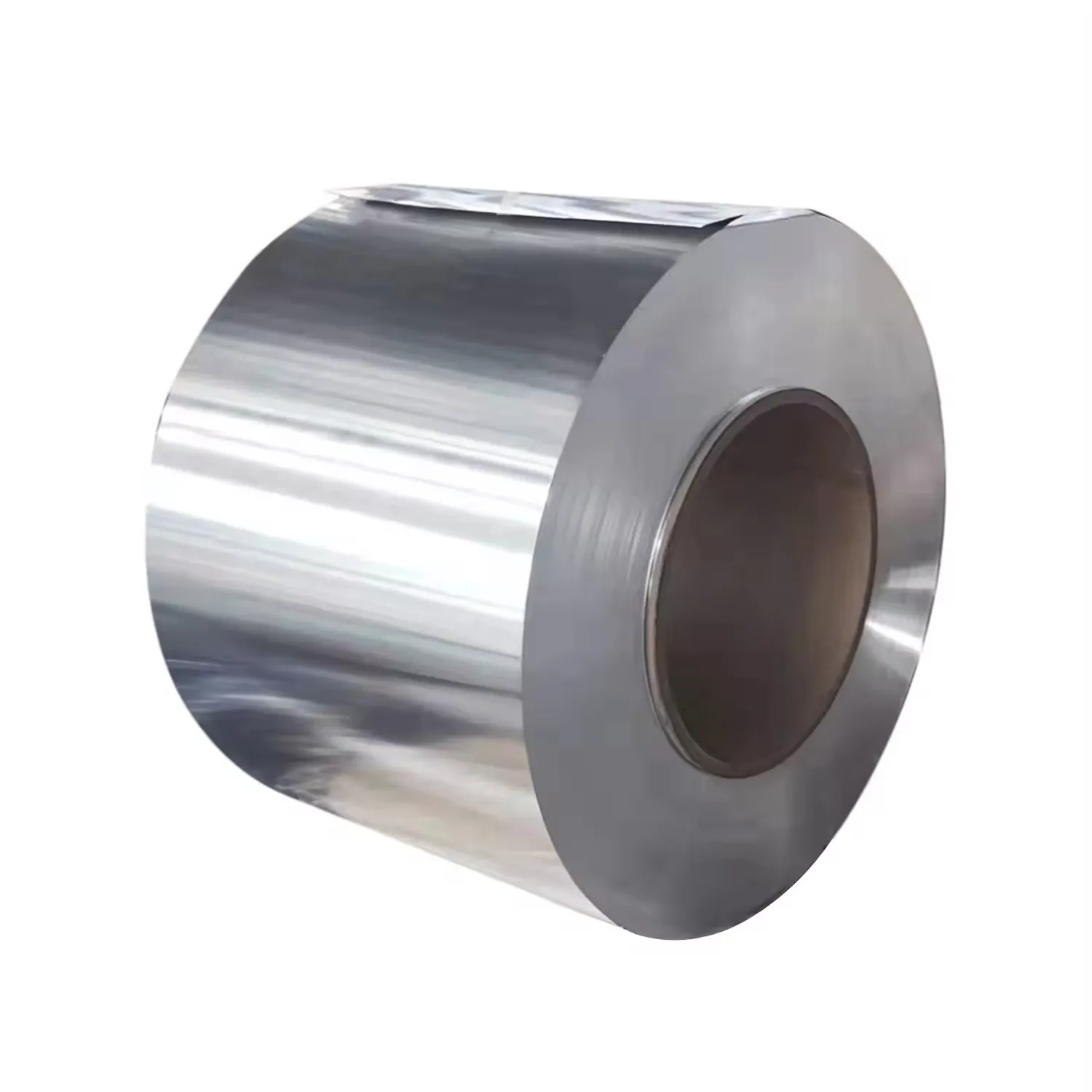As a hot rolled steel coil supplier, the role encompasses a deep understanding of the steel manufacturing process, material properties, industry standards, and customer needs. Hot rolled steel coils are produced by heating steel billets to over 1,000 degrees Celsius and passing them through rolling mills. Precise control of heating, rolling, and cooling is crucial as it significantly impacts the steel's mechanical properties, like strength and ductility.Quality control is fundamental. It starts with carefully selecting raw materials to ensure they meet chemical and mechanical standards, such as ASTM A36 or S235JR. During production, suppliers collaborate with mills to monitor thickness tolerance, surface finish, and flatness. Non destructive testing methods detect internal and surface flaws, while tensile, impact, and hardness tests verify mechanical properties.
Knowledge of diverse applications is essential. In construction, hot rolled steel is used for structural components due to its strength. The automotive industry relies on it for chassis parts and frames, valuing its load bearing capacity. In energy, it’s crucial for pipelines and offshore platforms, needing resistance to corrosion and stress. Suppliers must guide customers on suitable steel grades based on application requirements, environmental conditions, and regulations.
Supply chain management is another key aspect. The steel industry has complex supply chains involving mills, transporters, and end users. Suppliers need to balance inventory levels to meet demand without overstocking. They also coordinate with transportation partners to ensure safe and efficient delivery, using specialized handling for the heavy and bulky coils.
The industry is influenced by trends and challenges. There’s a rising demand for high strength low alloy (HSLA) steels, especially in automotive for weight reduction and fuel efficiency. Sustainability is also a growing focus, pushing suppliers and mills to reduce carbon emissions and adopt greener practices.
Customer service differentiates suppliers in a competitive market. This includes providing timely information on product availability, pricing, and lead times, as well as offering technical support. Building strong customer relationships requires transparent communication and commitment to quality and delivery.
Global market dynamics impact suppliers too. Fluctuations in steel prices, affected by raw material costs and trade policies, demand vigilant monitoring and strategic adjustments. For instance, changes in tariffs may prompt suppliers to seek new sourcing regions or customers.
In conclusion, being a hot rolled steel coil supplier demands technical expertise, industry acumen, and effective business strategies. By staying attuned to technological progress, market trends, and customer needs, suppliers can thrive in a dynamic marketplace.


